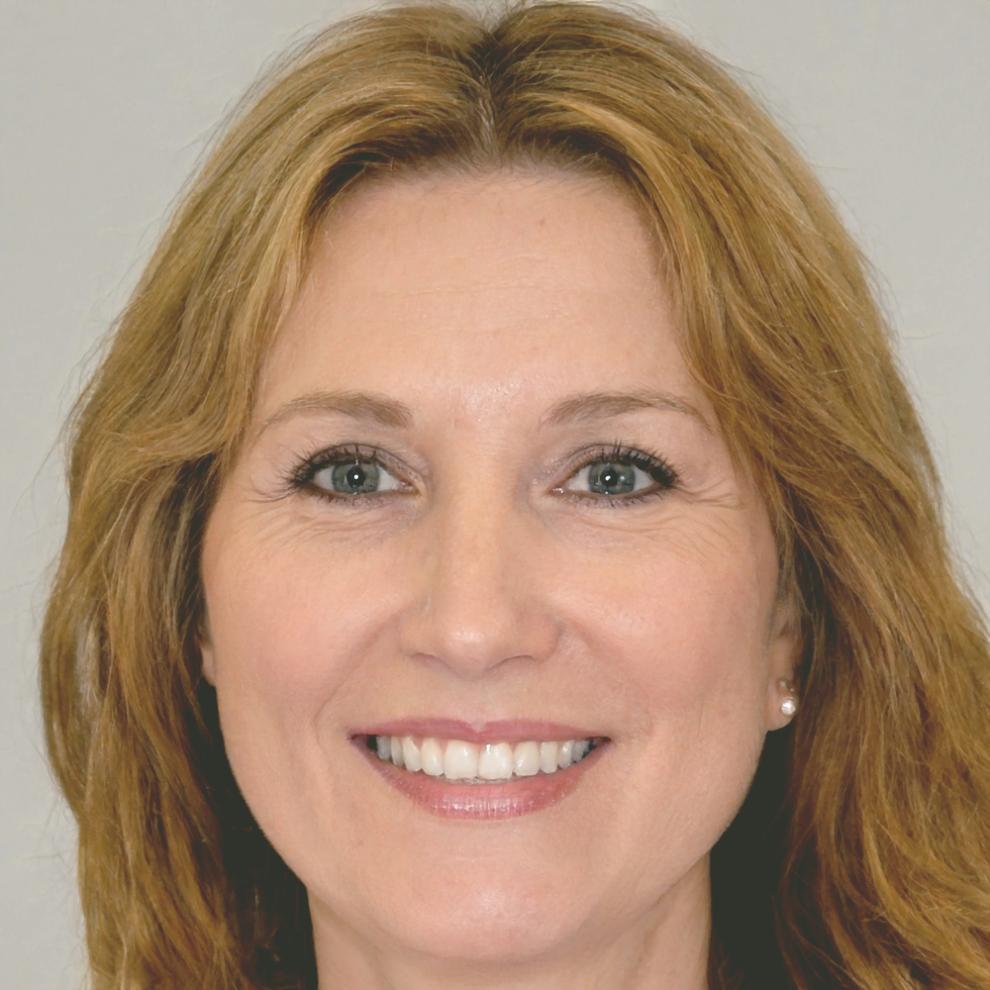Built Around Real Business Needs
We started gynarolent in 2019 after spending years watching companies struggle with the
same problem. Business owners would collect mountains of data but couldn't extract
anything useful from it. Most analysis tools were either too complex for practical use or
too simplistic to handle real-world scenarios.
That disconnect bothered us. So we built something different—a platform that treats
business activity analysis as a conversation, not a spreadsheet exercise. We work
primarily with Australian businesses that need clarity on their operational patterns
without hiring a data science team.
Our Castle Hill office serves as both workspace and testing ground. When we develop
new analysis features, we run them past actual business owners first. If they can't
understand it within ten minutes, we rebuild it.

